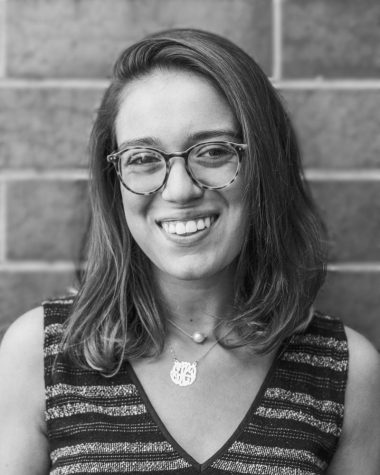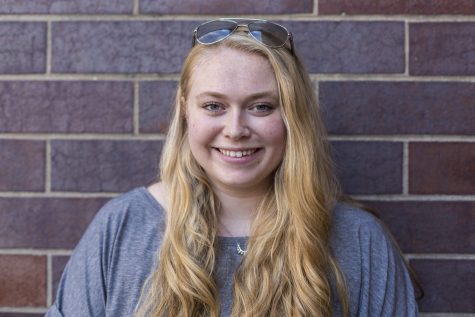Education back in style
March 4, 2015
In recent years, the fashion industry has been getting serious about education. What was once a world of college dropouts looking to start their fashion careers is now is promoting higher education and going back to school. It was once assumed that — since it is difficult to learn fashion — college was not needed to succeed in the industry. But lately, fashionistas from all realms have been trading in high fashion for college degrees.
Soon-to-be NYU student and former Victoria’s Secret Angel Karlie Kloss has confirmed she is leaving the catwalk and heading for the classroom. She will be attending NYU’s Gallatin School of Individualized Study starting in the Fall 2015. Entering the world of modeling at a young age, she is returning to get a degree at 22, shocking the industry.
In May 2014, Kloss attended classes at Harvard Business school in the Executive Education Program for Business Owners and Entrepreneurs, seemingly inspired by Tyra Banks, who graduated from the program in February 2012. Banks, a supermodel and media mogul who initially deferred higher education for the Paris runways despite having been accepted to USC and UCLA, chose to return to school in order to make her business the absolute best it could be. She is a huge promoter of adult higher education, no matter the age or origin.
Another recent announcement was that case studies for MBA candidates at Harvard Business School now include detailed looks at the business strategies of fashion designer Stella McCartney, shoe designer Jimmy Choo and fashion blogger Chiara Ferragni of “The Blond Salad.” This is the first time Harvard has featured a fashion blogger in their curriculum, and the study includes an in-depth account of how blogging earned Ferragni $7 million in revenue last year. According to the coordinator of the course, Anat Keinan, she put the studies together to highlight women in fashion business, another testament to the growing desire for those entering the industry to be both style- and business-savvy.
Another example of fashion and education merging is the annual Teen Vogue Fashion University, hosted in the Teen Vogue headquarters for a few hundred college-age students to attend lectures and events in their desired field. The event features three majors — editorial, business and design — and during the three-day event attendees sit in on lectures with the best of the best in their field, including designers, editors, stylists and more. One question that seems to come up every year at the panel, which features a slew of Teen Vogue editors, is where each one attended college and what they studied. Surprisingly, the majority of them studied something completely unrelated to fashion, usually humanities. The editors preach that it is not what you study, but that you study in general. This panel is a prime example of fashion recognizing the importance of education.
A version of this article appeared in the Wednesday, March 4 print edition. Email Grace Halio and Sophie Lewis at [email protected]













































































































































